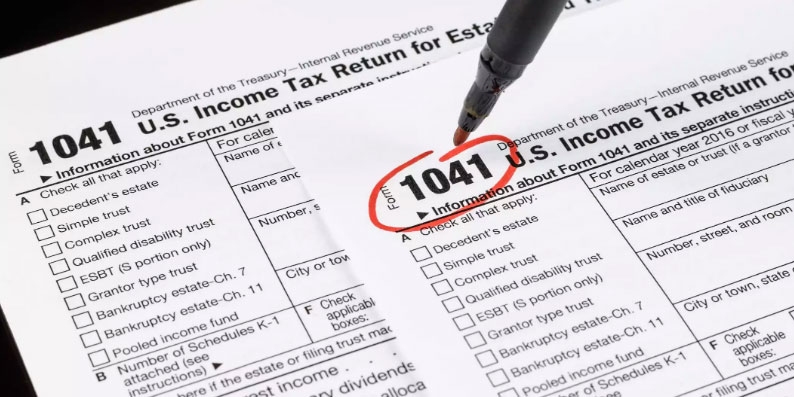Employees who have invested money in a 401(k) via their company understandably worry about the returns on that investment. Putting money away for the future has risks, just like any other investment. Even though 401(k) plans are meant to protect participants from catastrophic losses, it is still possible for your account value to decrease dramatically. To increase your 401(k) savings, you must be alert to potential dangers and take measures to avoid them. Learn about the potential pitfalls of a 401(k) and how to protect your retirement savings.
How To Change 401(K) Investments To Cash
Keeping tabs on your account balance may help you keep track of any changes, which can be particularly useful if you're paying attention to how the economy is reacting. Certified financial planner Clayton Quamme of Augusta, Georgia's AP Wealth Management, says, "People become worried when they observe that account balances start to go down during market downturns." There's widespread fear, and people are fleeing to cash. It seems prudent to convert investment money into cash, but doing so is bad for your finances. Selling during a slump, as Quamme puts it, "makes a momentary loss permanent." "Your savings will grow when the market improves, so don't sell now."
Carrying Too Much Stock In The Company

Regarding 401(k) plans, some businesses enable their workers to participate directly in the firm by purchasing shares (k). Incentives like a business match or other bonuses may be provided under the plans. According to Jon Lawton, managing partner as well as CFP at OpenAir Advisers in the Dallas-Fort Worth region, "these incentives may be a terrific way to leverage all of your work advantages." But it would be best to consider your long-term financial goals when deciding how many business shares to acquire. Lawton advises that "as a general rule," no one nearing retirement should have more than 5% invested in any asset inside a retirement plan. A greater amount may expose you to a greater loss. To illustrate, 50 percent, 80 percent, or even all of your 401(k) is invested in business stock.
Taking Out A 401(K) Loan
A 401(k) loan or early withdrawal is an option when accessing your savings before retirement. However, a 10% early withdrawal penalty and income tax are typically applied to withdrawals from a 401(k) made before 59 1/2. You might also borrow against your 401(k) and avoid paying taxes or penalties if you repay the loan in full plus interest within a certain time frame. However, a 401(k) loan may jeopardize your finances if you decide to quit your employment before paying it back. Katharine Earhart, partner and co-founder with Fairlight Advisors in San Francisco, warns, "You may need to pay the loan back quickly." They may see the loan as a payout from your previous company if you cannot repay it. The early withdrawal penalty and taxes will be applied to the remaining loan amount if the borrower is under the age of 59 and 1/2.
Leaving Before Completely Invested
You must fulfill certain conditions to maintain your 401(k) savings with certain employers. Your contributions will always be wholly yours. There may be a waiting period before you can fully benefit from any 401(k) match offered by your employer. Lawton notes that to get the employer match, employees often had to remain with their business for three, five, or even seven years. You risk forfeiting the 401(k) match if you quit before you've earned full vesting.
Losses Can Be Avoided Through Risk Management

Having an investing strategy in place might help you avoid making emotionally charged choices that could cost you money. The best way to ensure that your savings are spread across several asset classes is to see a financial planner and analyze your current portfolio. According to Earhart, "risk is dispersed throughout multiple asset classes" when an investor has a mix of stocks and fixed income. Investing heavily in stocks may be risky, particularly for those near retirement age.
Conclusion
The loss of funds in a 401(k) plan may be stressful and upsetting, but there are ways to recover and continue working toward your financial objectives. It would be best if you considered assessing your assets, making adjustments to your portfolio, keeping up with your 401(k) contributions, consulting a financial adviser, and avoiding panic selling, among other tactics. It's also crucial to consider the future and base your financial choices on your long-term objectives. Following these guidelines can help you get back on your feet financially and start building a brighter future.




